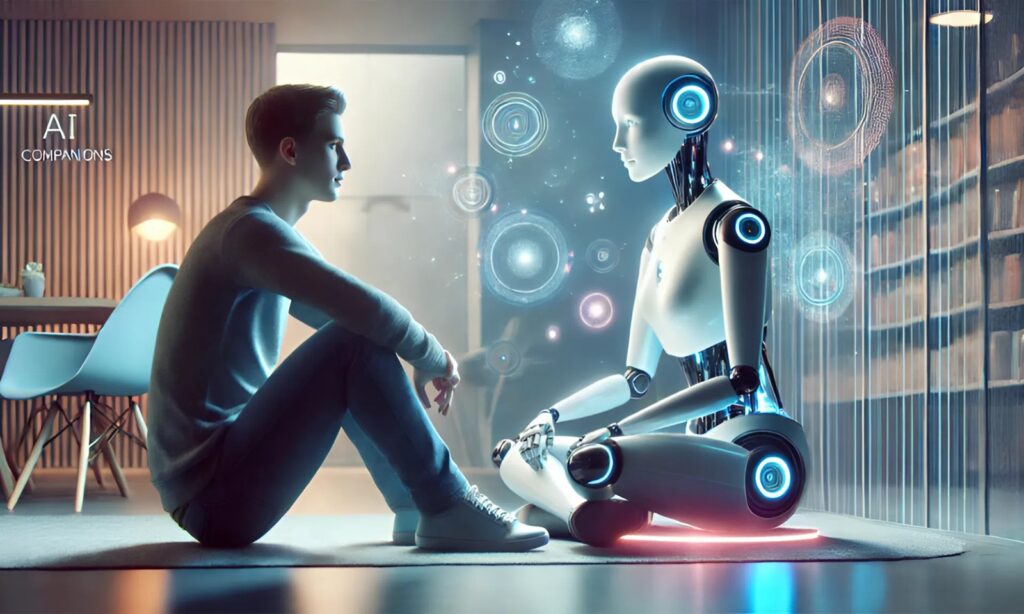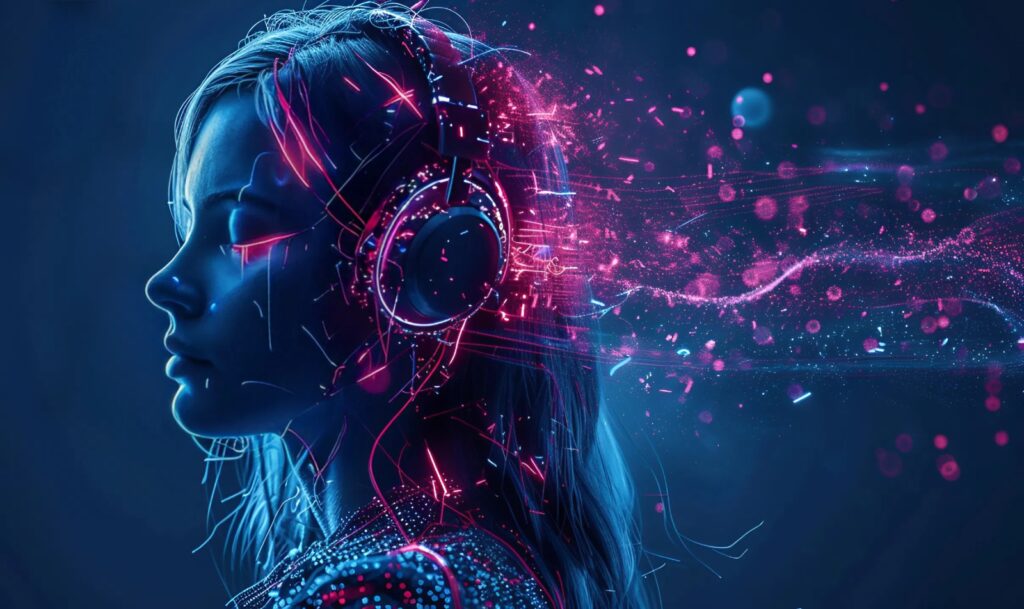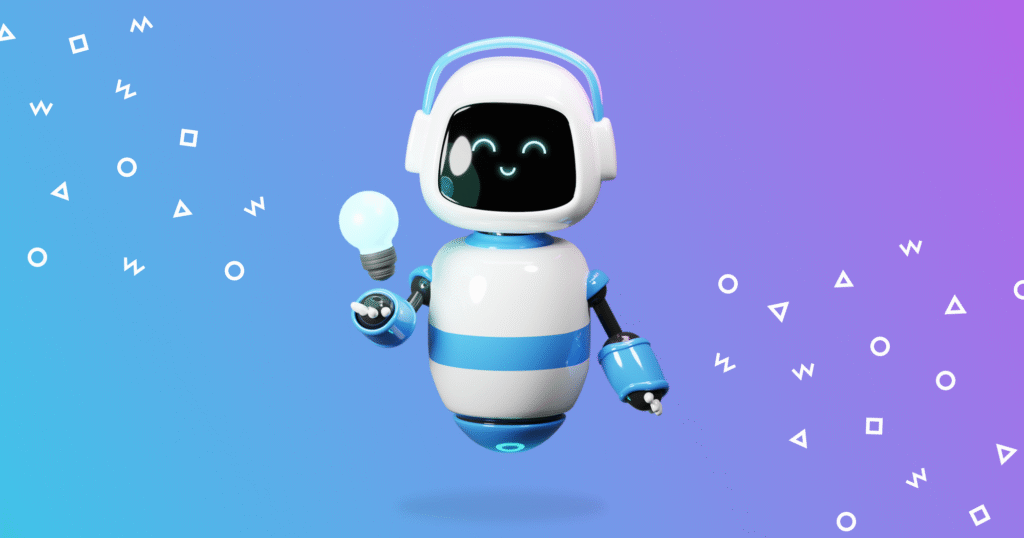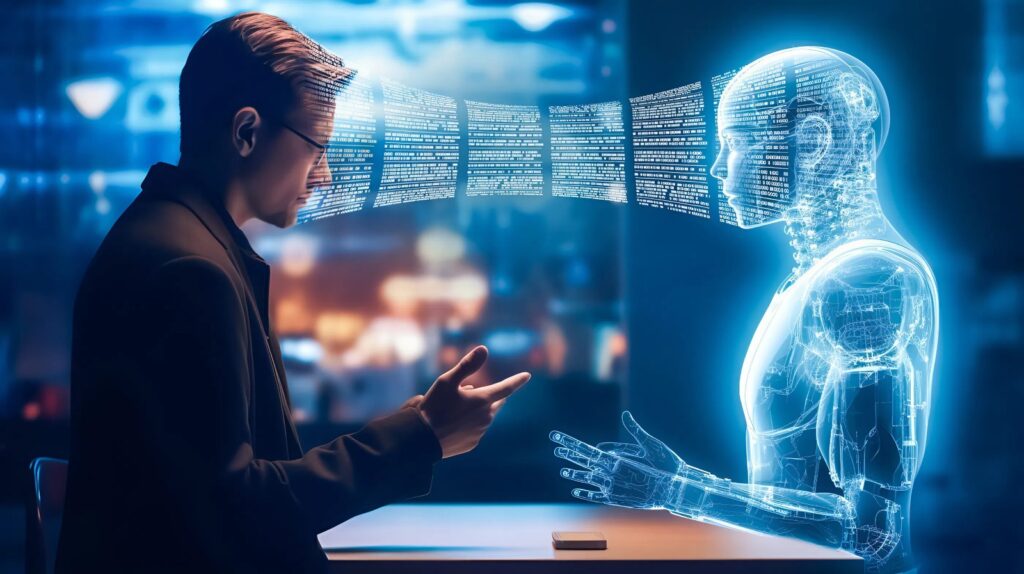AI’s Role in Redefining Personal Digital Assistants for the Modern Age
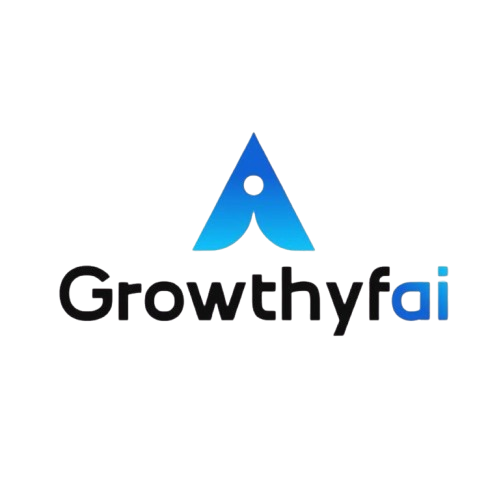
The advent of Artificial Intelligence (AI) is dramatically rewriting the script of personal digital assistants (PDAs), shaping a future where these tools are more responsive, intuitive, and integrated into our daily lives. Once mere reminders and task organizers, PDAs are now evolving into dynamic companions capable of seamless interaction, understanding, and support. In this article, we delve deep into how AI is revolutionizing PDAs, making them indispensable in the modern digital lifestyle.
Understanding the Evolution of Personal Digital Assistants
Before delving into AI’s transformative role, it is important to understand the history of personal digital assistants. Originally introduced as electronic day planners and contact management systems, early PDAs were revolutionary for time management. Devices like the PalmPilot marked the beginning of portable information management. However, these devices offered minimal interaction and functioned primarily as digital repositories.
As technology advanced, smartphones began incorporating PDA functionalities. Features like scheduling, task management, and reminders became standard, paving the way for more sophisticated interactions. Nonetheless, it wasn’t until the integration of AI that personal digital assistants began to truly transform.
AI-driven Advancements in Personal Assistants
Enhanced Natural Language Processing
A major breakthrough in redefining PDAs has been the advent of enhanced natural language processing (NLP). With AI, PDAs like Apple’s Siri, Amazon’s Alexa, and Google Assistant can understand and interpret human language more effectively. AI algorithms analyze speech patterns, context, and even emotions, allowing for improved command recognition and response accuracy.
This linguistic capability enables users to interact with their devices more naturally and intuitively, eliminating the need for mechanical commands. Whether it’s setting a reminder, asking for weather updates, or booking appointments, these AI-driven PDAs now understand and execute tasks based on conversational cues.
Personalized User Experience
AI enables PDAs to learn from their users over time. Through machine learning algorithms, these assistants assess user habits, preferences, and routines, thereby providing personalized assistance. For example, if a user frequently asks for news updates in the morning, the PDA might automatically present them with a daily news briefing at an ideal time.
Moreover, AI-enhanced PDAs can predict user needs even before they are expressed. This anticipatory capability extends beyond convenience, aiming to increase productivity by automating routine tasks and delivering proactive suggestions.
Integration with Smart Home and IoT
AI has propelled PDAs to the forefront of smart home integration. By connecting with IoT devices, personal digital assistants have transformed into centralized controllers capable of managing various home systems. From adjusting thermostats and lighting to controlling security systems, AI ensures that these tasks are handled effortlessly through voice commands or intuitive app interfaces.
Imagine waking up and instructing your assistant to brew coffee, adjust lights, and update you on the day’s schedule—all without lifting a finger. This level of integration showcases the future of PDAs as operating hubs within our increasingly connected lives.
Utilizing Data for Better Decision-Making
AI’s capacity to process vast amounts of data plays a critical role in upgrading PDAs. By analyzing user data, AI-informed assistants can offer insights that improve decision-making. Whether it’s updating fitness routines based on performance analytics or suggesting budget-friendly dining options, PDAs now offer intelligent recommendations tailored to the user’s lifestyle and goals.
This data-driven approach not only enhances user satisfaction but also enables a more efficient and thoughtful lifestyle management process.
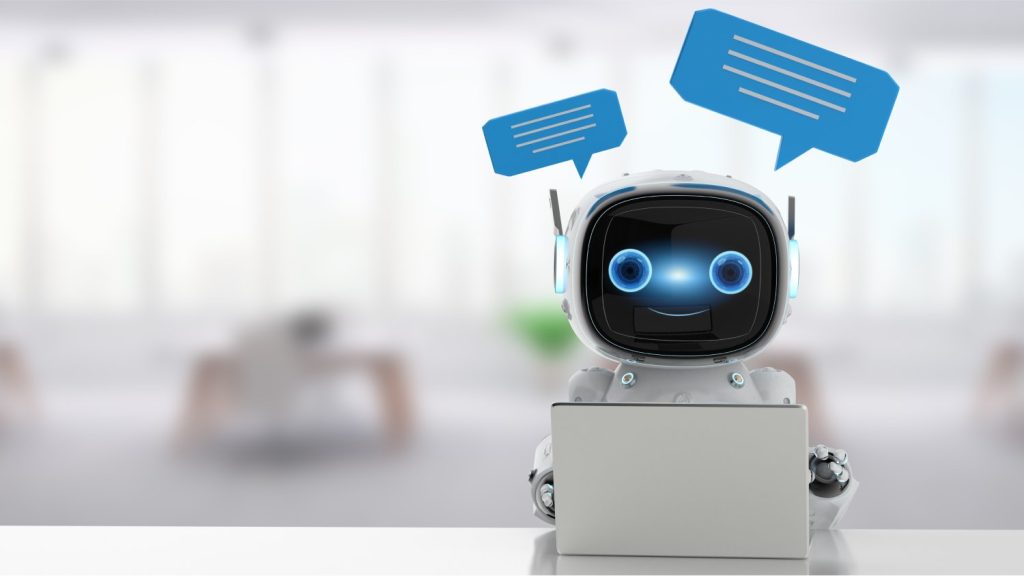
Examples of AI in Personal Digital Assistants
Google Assistant
Harnessing Google’s deep learning capabilities, Google Assistant offers robust features, including voice recognition and contextual understanding. Seamlessly integrated with Google services, it assists with navigation, scheduling, and even provides personalized entertainment options.
Amazon Alexa
Amazon’s Alexa has become a household staple, enabling everything from streaming music to managing smart home setups. Its expansive skillset is continually growing, offering voice-activated control over a multitude of devices and services, thanks to its integration framework.
Apple Siri
Siri, integrated into Apple’s ecosystem, leverages AI for functions ranging from simple reminders to complex task automation. It exemplifies personalized user interaction, making everyday activities smoother and more efficient for Apple device users.
The Future of AI-driven Personal Digital Assistants
The journey of AI-enhanced PDAs is just beginning. As AI technology continues to advance, we can expect personal assistants to become even more intuitive, capable of handling increasingly complex tasks with ease. Innovations like sentiment analysis and enhanced contextual awareness will only add to their utility, making them even more indispensable.
Imagine a future where PDAs understand your emotional state and provide supportive recommendations, or where they negotiate appointments based on mutual availabilities with minimal input. These advancements will redefine digital interactions, supporting individuals in more profound and meaningful ways.
Conclusion
AI’s role in redefining personal digital assistants marks a pivotal point in the digital lifestyle era. By enhancing natural language processing, creating personalized experiences, integrating with smart homes, and utilizing data effectively, AI empowers PDAs to meet the demands of modern life. As we move forward, these digital companions will continue to evolve, offering ever-greater convenience, efficiency, and value. Embracing this transformation can lead to improved personal and professional productivity, making the future of AI-driven PDAs as exciting as it is inevitable.

